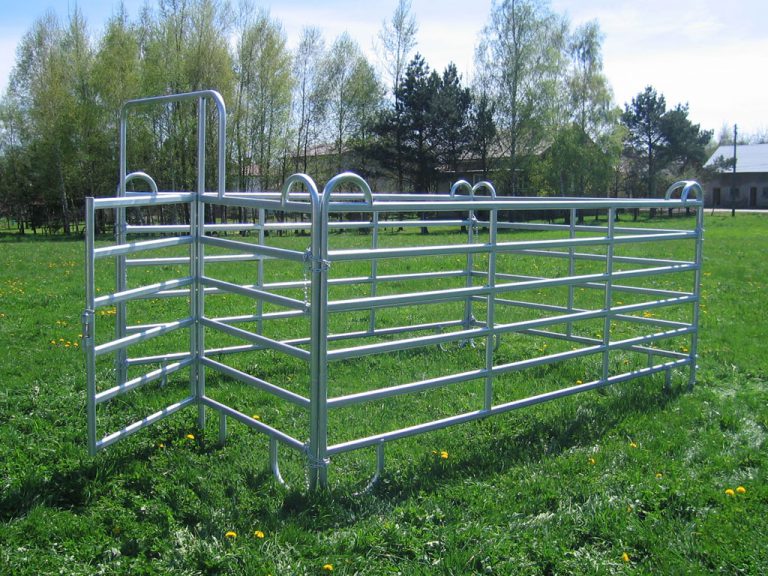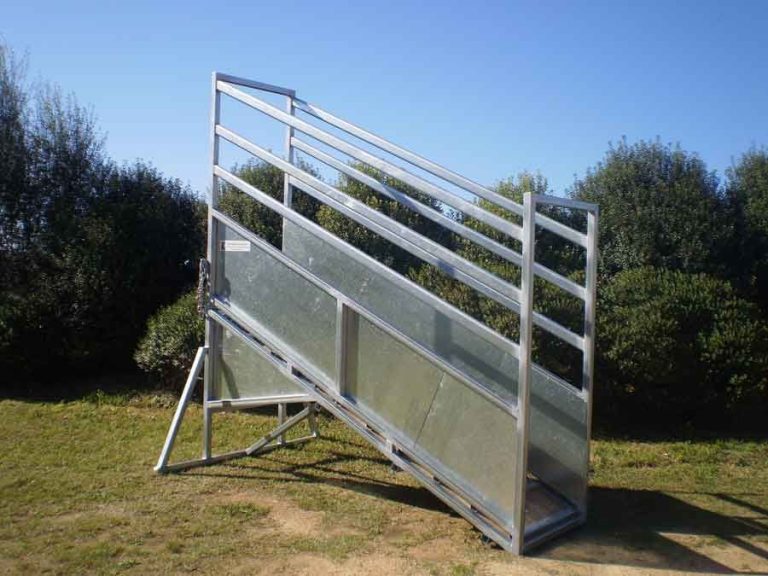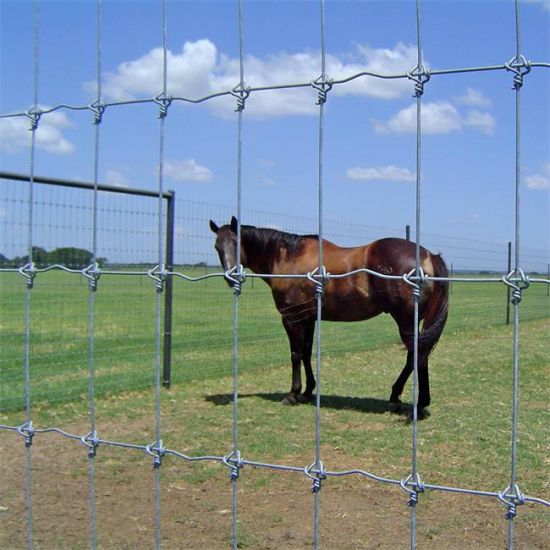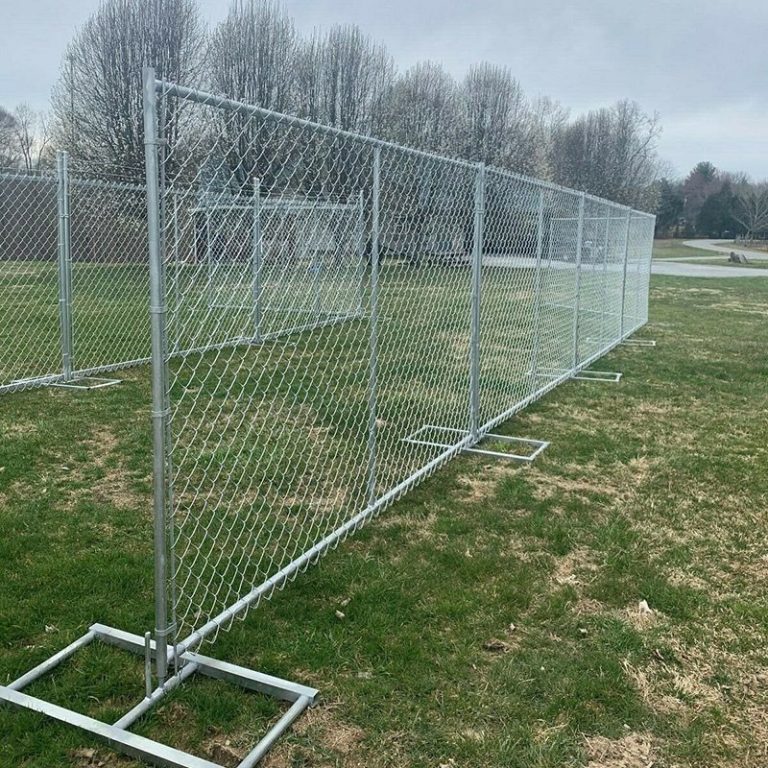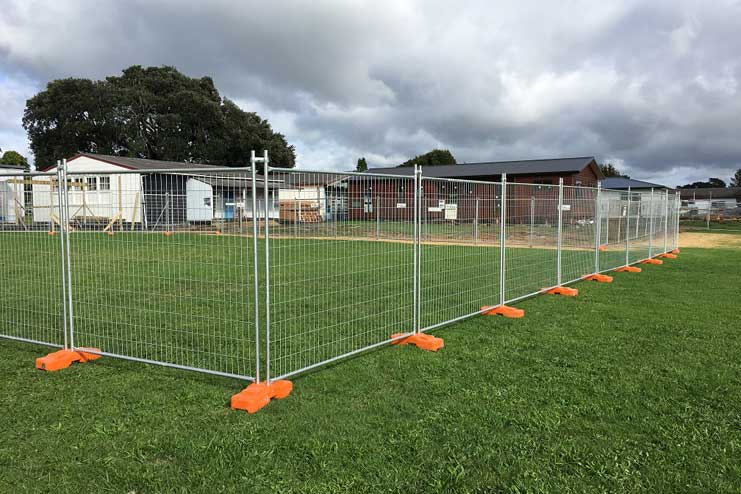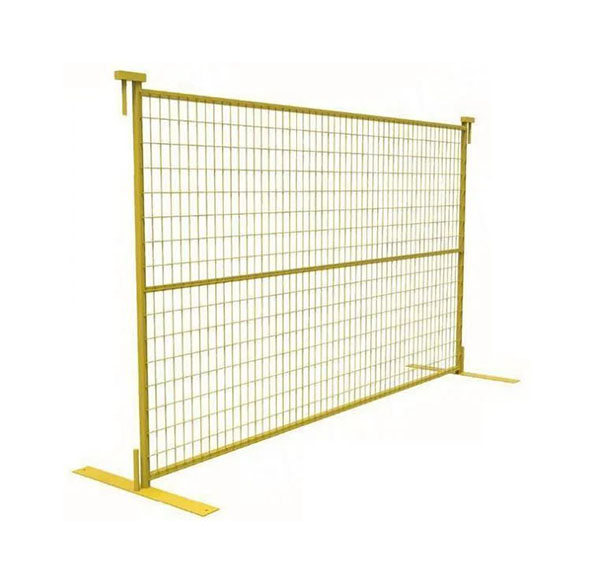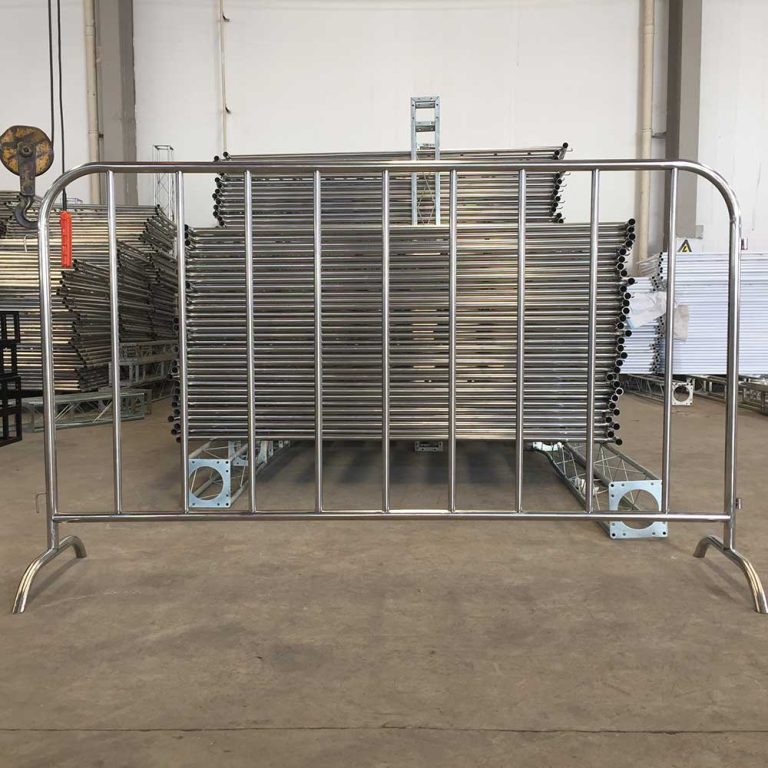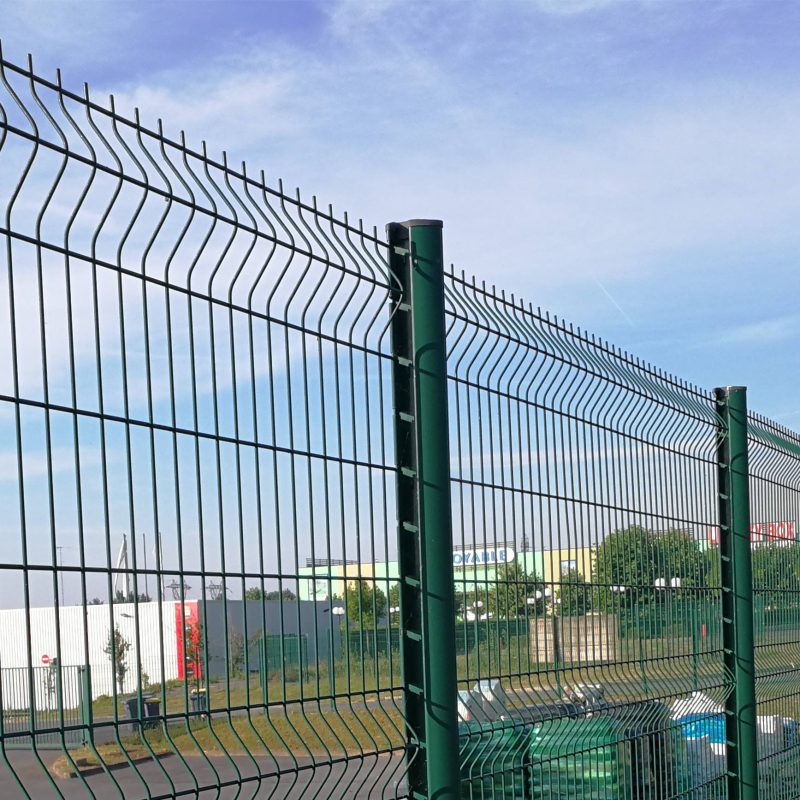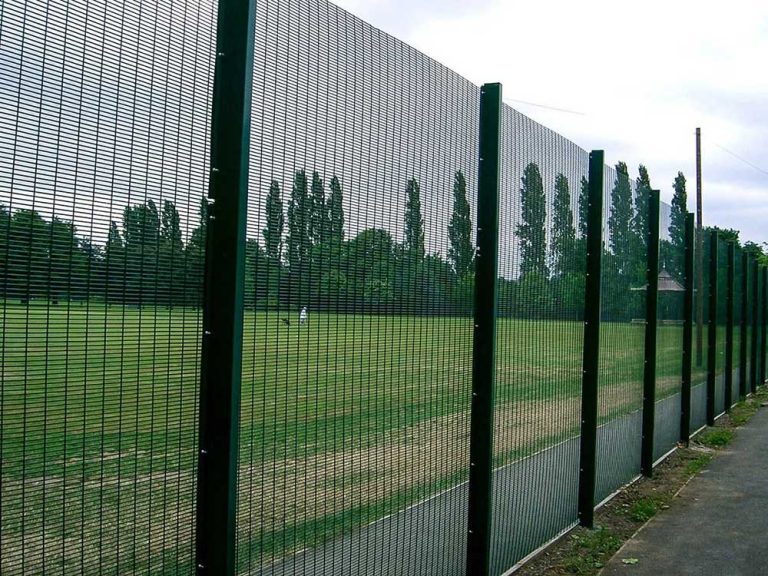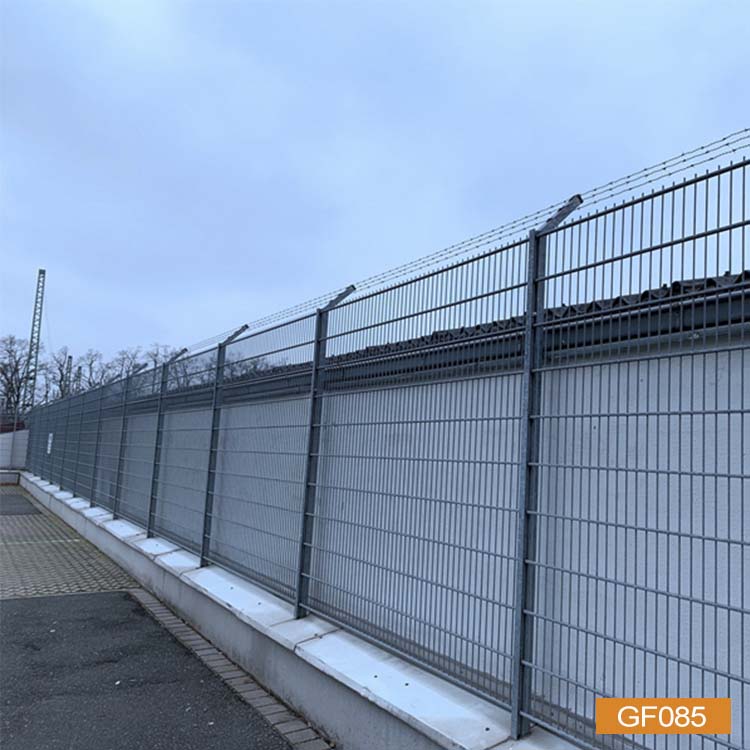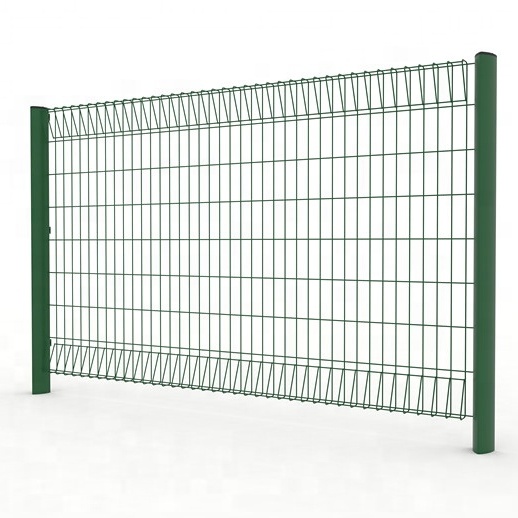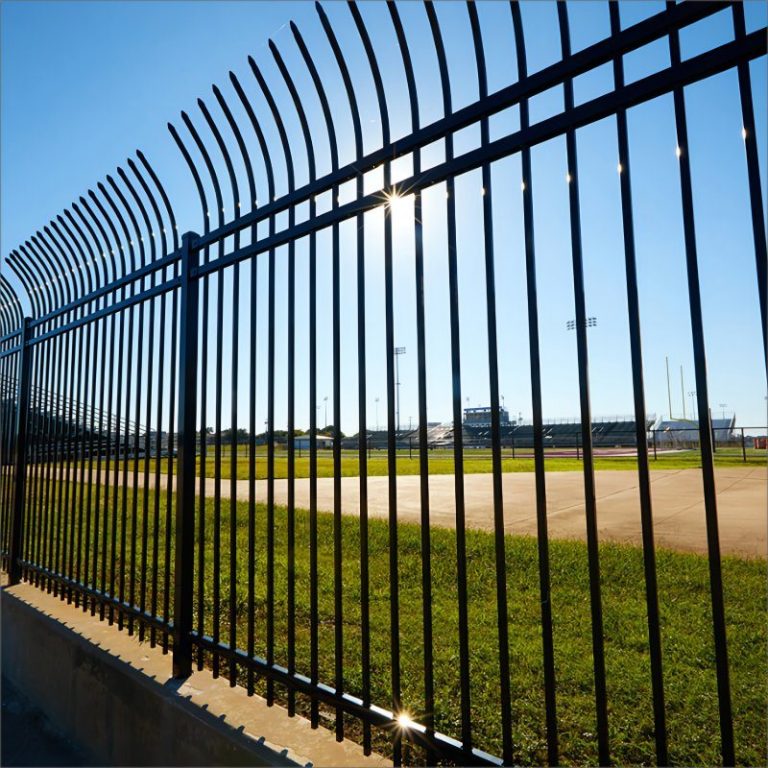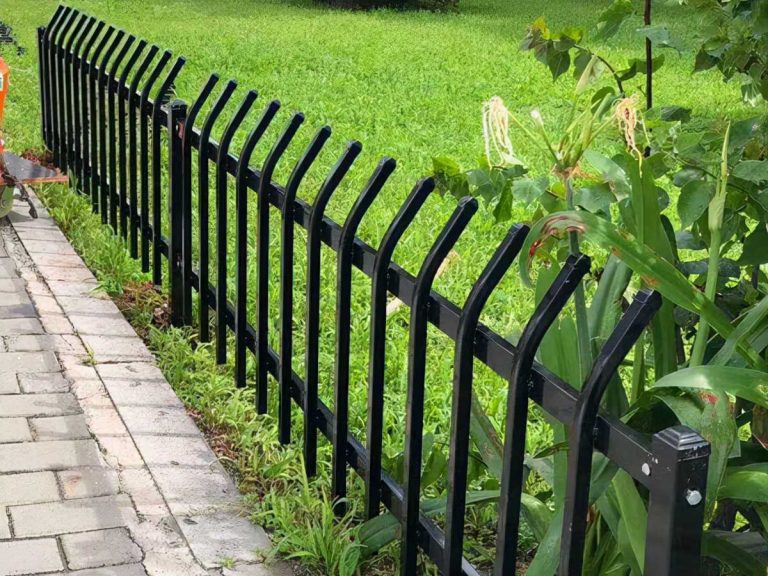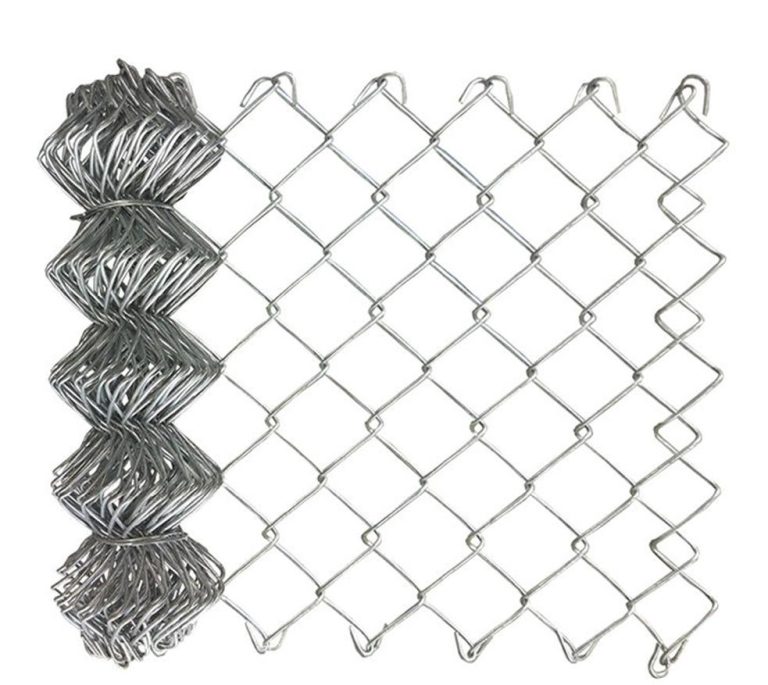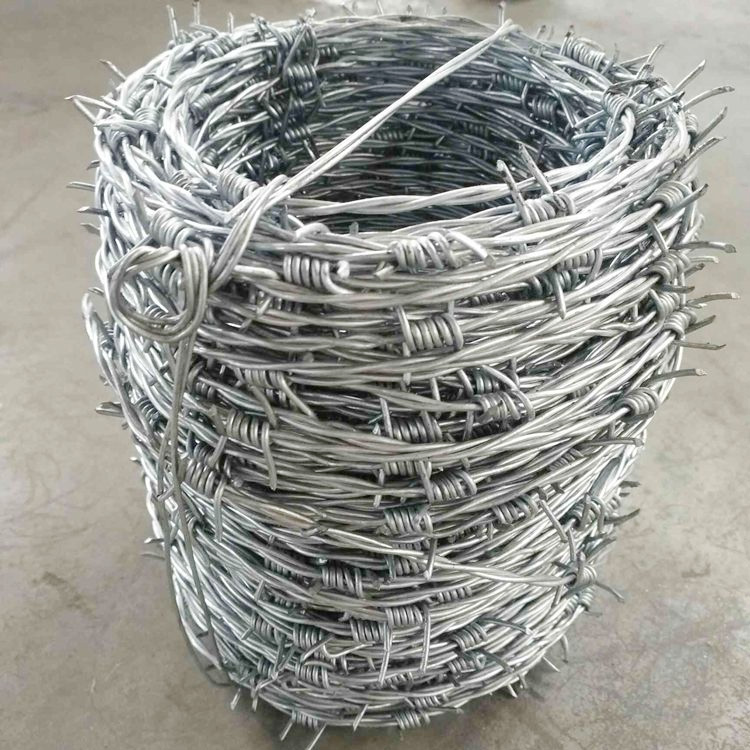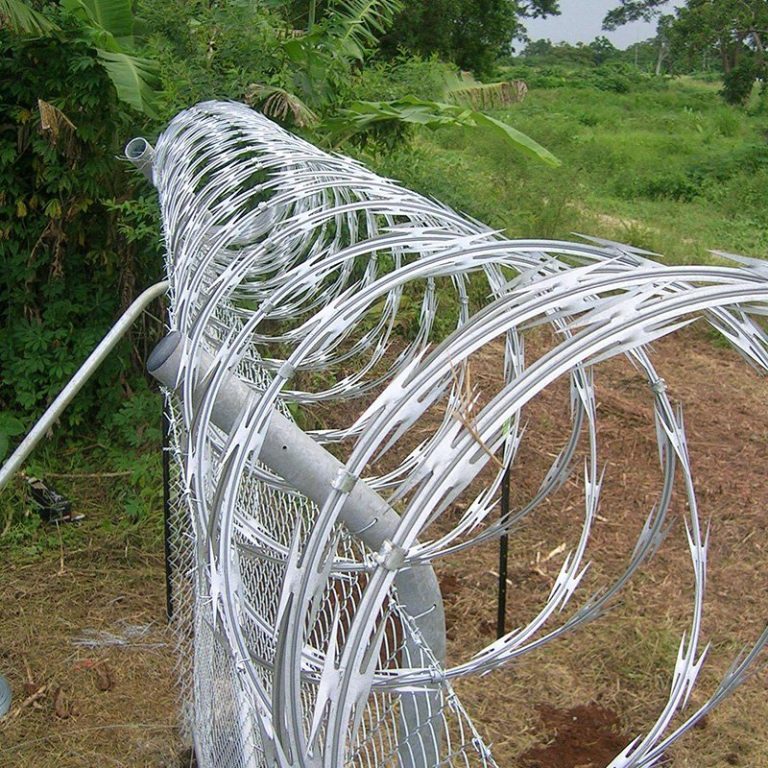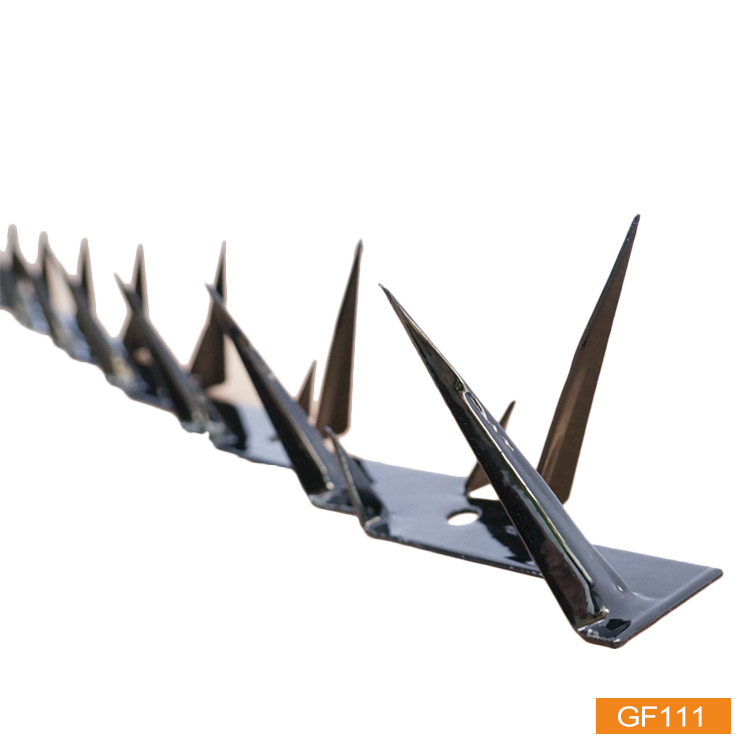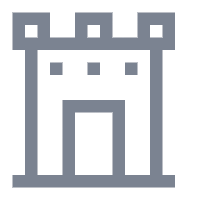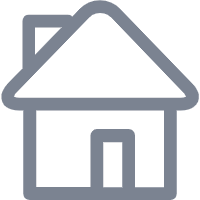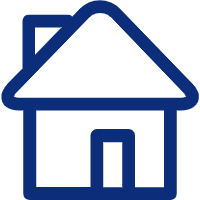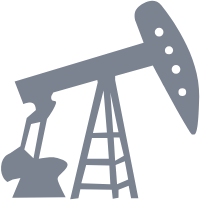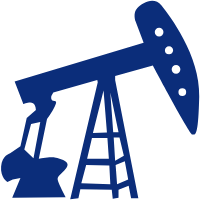Key Factors to Consider When Choosing Farm Fencing
Purpose of the Fence: Livestock, Crops, or Property Boundaries
Before picking the right fence for your farm, you need to know its main job. Do you want to keep animals like cows, sheep, or horses safe? Or are you trying to guard crops from wild animals or set clear lines for your land? A farm fence can help with grassland setups, controlled grazing, or building family farms. It can also block roads in tourist spots, hunting zones, or construction sites for safety.
For example, if you’re keeping animals in, barbed wire or strong cattle panels work well. But if you’re protecting crops or marking borders, a field fence with a tight mesh is a better choice.
Terrain and Soil Conditions Affecting Fence Installation
The shape of your land matters a lot when choosing a fence. Rocky ground can make it hard to put in posts for wire fences. However, panel systems might fit better in such areas. Also, check local rules about fencing, decide how tall the fence should be, and measure the area you want to cover.
Plus, the type of soil changes how deep posts need to go. Sandy soil might need stronger posts or concrete bases to stay steady.
Budget Constraints and Long-Term Maintenance Costs
Money is always a big factor. Some fences cost less at first but need more care later, which can add up. For instance, cattle panel fences are easy on your wallet. The materials, setup, upkeep, and repairs don’t cost much. When looking at options like barbed wire, high-tensile wire, or welded mesh panels, think about the price of materials, plus the work and tools needed to build the fence.
Overview of Common Types of Farm Fencing
Barbed Wire Fencing for Large Livestock Containment
Barbed wire is a cheap option for fencing big fields. It works great for cows because it keeps them in with its sharp points. However, it’s not good for smaller animals like sheep or goats. They can slip through wide gaps. Also, barbed wire can hurt animals if it’s not checked and fixed regularly.
High-Tensile Wire Fencing for Strength and Durability
High-tensile wire fencing is very strong and uses less material than barbed wire. It’s pulled tight between posts and doesn’t sag over time. This makes it great for uneven land where you need a fence that bends but stays tough.
Advantages of Using Heavy Duty Cattle Panels
Structural Benefits of Heavy Duty Cattle Panels
Cattle panels, also called livestock panels, are made from galvanized welded steel tubes. They’re strong for their price. Built from high-quality steel, these panels can handle tough use in fields or pastures every day. They’re hot-dip galvanized after welding, which stops rust and corrosion. This is super important for fences that stay outside.
Ideal Use Cases for Cattle Panels on Farms
Heavy-duty cattle panels are perfect for permanent setups near barns or feeding spots. They’re also great for temporary fences during rotational grazing. Cattle panel fences are super flexible. You can use them to protect gardens, farms, or backyards. This makes them a fantastic choice for farms with different needs.
Comparison with Traditional Wire-Based Fencing
Unlike wire fences that need tightening and checking for sags or breaks, cattle panels are flat and sturdy. But, the panels alone aren’t strong enough to stand on their own. They need support, like wood or metal frames, to stay up. This adds strength and looks nice too. Also, cattle panels have a secure drop bolt system. It keeps animals safe but lets you open the fence easily when needed. Basic wire fences don’t have this feature.

Evaluating Farm Fence Wire Options for Durability and Efficiency
Galvanized vs. Non-Galvanized Farm Fence Wire
Galvanized farm fence wire has a zinc coating to stop rust. This is key when the fence gets wet from rain or humid air. A cattle panel fence is a type of welded wire fence with metal rods joined together and hot-dip galvanized to fight corrosion. Non-galvanized wires might be cheaper at first. But they rust faster, so you’ll spend more replacing them over time.
Mesh Sizes and Their Role in Animal Safety and Security
The size of the mesh decides what animals a fence can hold or keep out. A farm field fence net has a simple design but is strong enough to handle fierce animals. Smaller mesh near the ground stops small animals from escaping. Larger openings higher up save material but still keep the fence secure.
How China Farm Field Fence Suppliers Meet Global Agricultural Needs
The Rise of Anping County as a Hub for Fence Manufacturing
Anping Jiahui Wire Meshes Co., Ltd is based in Anping County, known as the wire mesh hometown of China. This company does it all—making, selling, importing, and exporting top-quality fencing solutions worldwide. With 15 years of experience, their factories in Anping have skilled workers and a professional setup. This ensures steady, high-quality products on a large scale.
Export-Quality Standards from China Farm Field Fence Suppliers
China farm field fence suppliers have improved a lot. They follow global standards like ISO certifications. All products are galvanized or painted after welding to protect against rust and corrosion. This makes them tough enough for harsh weather anywhere in the world. Products like Field Fence Net use rolling wave weaving. This adds stretchiness, so the fence can handle changes from cold or hot weather. It stays durable in all climates.
Customization Options Offered by Leading Chinese Manufacturers
Anping JiaHui Wire Mesh Co., Ltd offers custom services. You can pick the fence height (900mm–2200mm), length (25m–100m), and mesh patterns based on your animals or land challenges. They provide OEM/ODM options, so everything is made to fit your needs under one roof.
Selecting the Right Supplier for Long-Term Value and Support
Importance of Quality Assurance and Material Testing
Pick a supplier that tests their products well. For example, they should check the strength of farm fence wire to ensure it lasts. This is crucial for fences holding big animals or facing tough weather. Look for galvanized coatings that meet global standards. These make the fence last longer and cut down on yearly upkeep.
After-Sales Support, Logistics, and International Shipping Considerations
A good supplier gives help after you buy. They should provide guides or videos for installing the fence, offer factory checks through videos or visits, and handle shipping worldwide. This ensures your fence arrives on time, no matter where you are.
FAQs About Choosing Farm Fencing Solutions
Q: What is the most durable farm fencing material?
A: Hot-dip galvanized steel, like Anping JiaHui’s Cattle Panel, is very tough. Its rust protection makes it last a long time.
Q: How do I choose between barbed wire vs cattle panels?
A: Barbed wire is good for big, open fields and costs less. But cattle panel fences are flexible and safer, perfect where looks and safety matter.
Q: Can I install farm fencing myself?
A: Yes, you can set up a cattle panel fence yourself with some know-how, time, and effort. If it’s a big or tricky job, hiring pros might be better.
Q: What makes China farm field fence suppliers competitive globally?
A: With modern tools and a skilled R&D team, Anping Jiahui delivers fast, high-quality designs and products to meet global needs.
Anping Jiahui Wire meshes Co., Ltd Located in wire mesh hometown of China——Anping County.It is a comprehensive enterprise of manufacturing, marketing, importing and exporting.We have advanced equipment and professional R&D team. If you need Farm Fencing, please contact us now!

